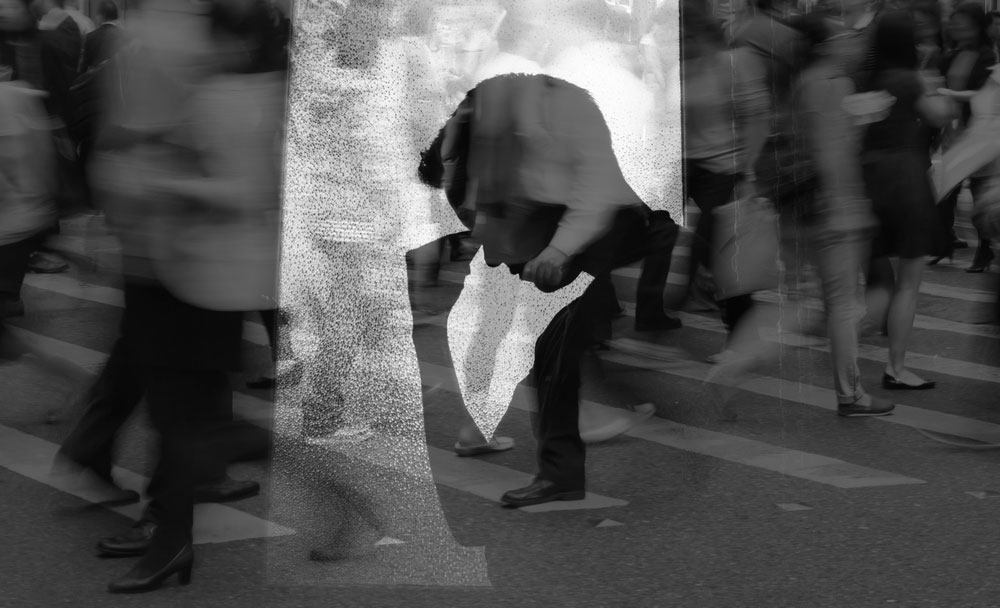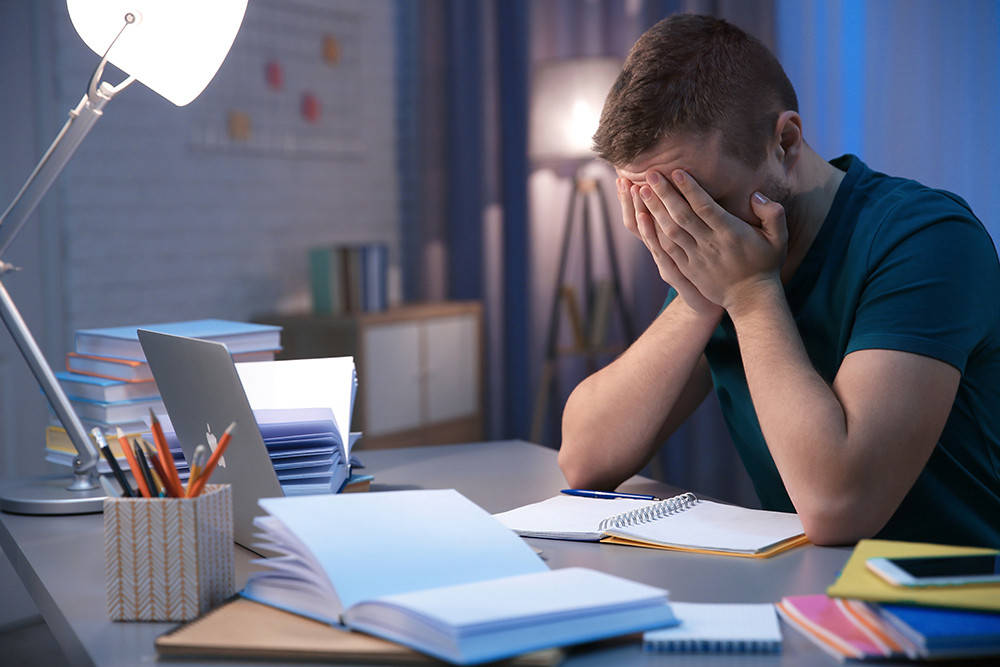- All
- Addiction
- addiction treatment
- addiction treatment modalities
- College
- Drugs causing hallucinations
- Education
- holidays
- Mental Health
- recovery and sobriety
- Uncategorized
All
- All
- Addiction
- addiction treatment
- addiction treatment modalities
- College
- Drugs causing hallucinations
- Education
- holidays
- Mental Health
- recovery and sobriety
- Uncategorized
Signs of Depression in Men
July 25, 2024
Self-Care for Men
July 18, 2024
Academic Stress and Substance Abuse in Young Adults
July 11, 2024
Internet-Addicted Brains
June 20, 2024
The Effects of College Burnout on Mental Health
June 13, 2024
PTSD Symptoms in Men
June 6, 2024
Drugs That Make People Happy and Talkative
May 30, 2024
What We Do for Fun Without Alcohol
May 23, 2024
Mental Health Facility for Adolescents
May 16, 2024











